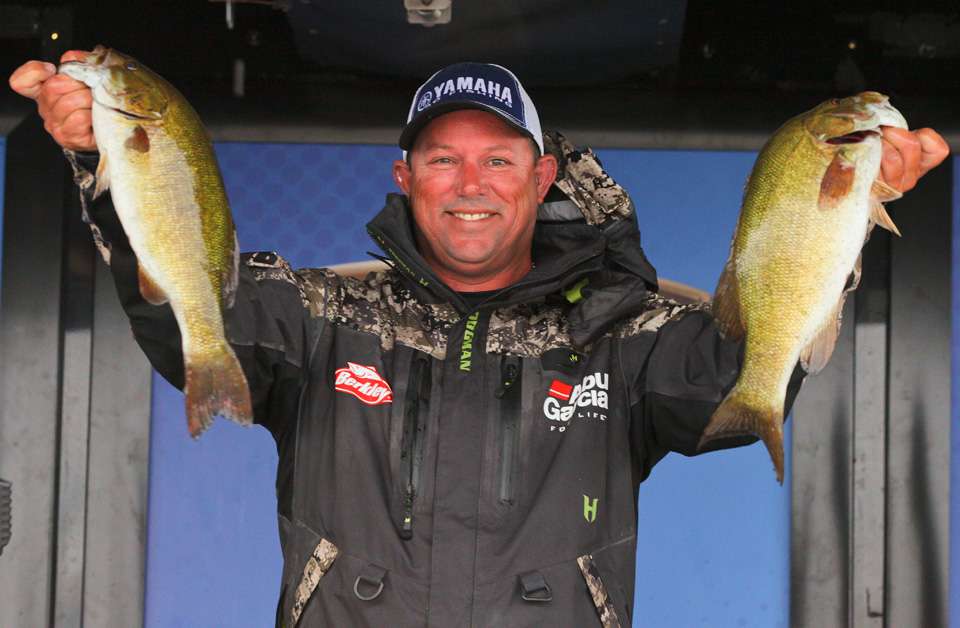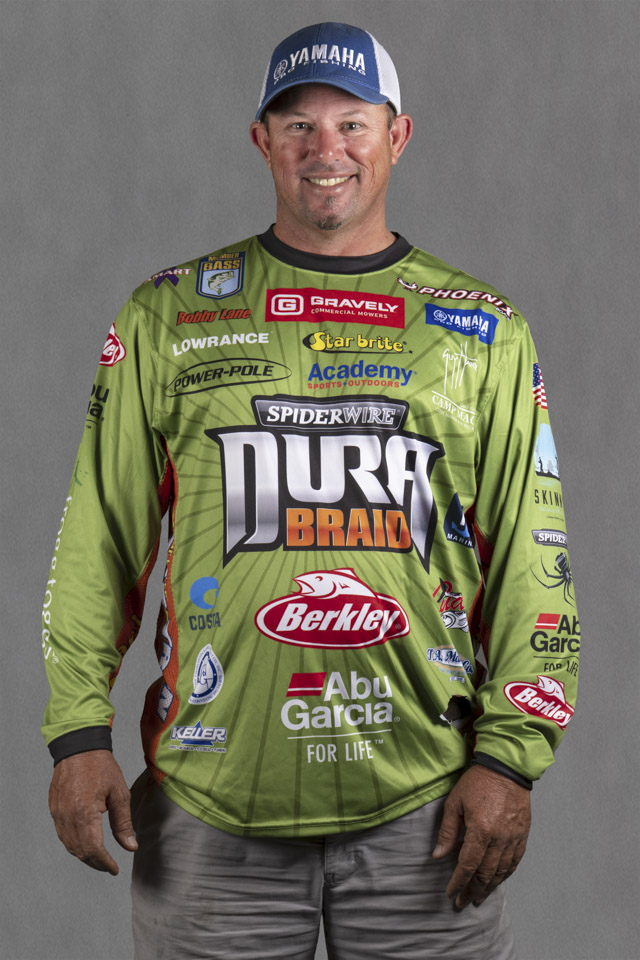
I’m on my way to New York, and I’ve been thinking about my performances up there. They’re hit and miss despite the fact that it’s a giant smallmouth factory. The first couple of times we were up there I did pretty good, but last year I was almost dead last. That’s pretty bad, you know.
In a strange kind of way that might turn out to be a good thing for this year, though. Here’s the way it happens sometimes:
It seems like when you do well on a body of water at a certain time of the year it all goes to heck the next time you go there. You see it all the time. A guy has a Top 12 one year, but the next year on the same water at the same time he finishes way down. It works the opposite way, too. You do bad one year, but the next year you’re all over them. Everybody wonders why.
I think I might know the answer to that. Too much information sticks in your head, and you have trouble getting rid of it when you did good last year. And, when you do bad the year before you start fresh the next year.
What I mean is that you have a tendency to go to the same places and do the same things when you’re coming off a good tournament. That works occasionally, but not often enough for you to make it a successful plan. It’s hard not to fish that way, but it’s also not the best way to fish, most of the time anyway.
You see, conditions are never the same from one day to the next much less from one year to the next. Most things — rain, temperature, sunlight, wind and other things we may not even know about — are constantly changing on the water, and that changes the fish.
And then there’s the fishing pressure. There are no secrets anymore in the competitive bass fishing ranks. Television, the internet and social media clues every angler in about what we’re doing. That means the winning spots get fished to death after we leave.
I have no problem with that. It’s public water, and every angler out there has the right to do that. At the same time, though, it’s a fact that we have to keep in mind when we plan our tournament strategy. Very few big tournaments are won on community holes.
The great anglers are an exception to everything I’ve just said. They don’t allow past performances to affect how they fish, good or bad. They start from scratch during every practice and they make note of what they find. And, if they lose their bite during the tournament they have the mental strength to go somewhere else, even if that somewhere else is nowhere in particular or anywhere they’ve ever fished before.
They crack the code, and that’s why we can all put together a list that’ll have pretty much the same names on it.
My goal, during practice will be to do just that — crack the code. I’m not going to worry about the past. If I hit a couple of old spots in practice, it’ll just be for a short while, just to make sure.

